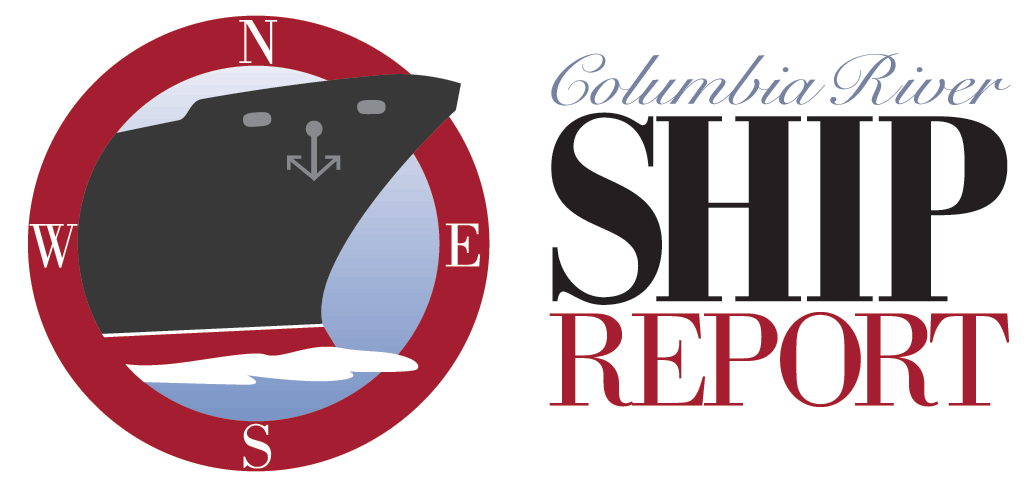The Ship Report is All Things Maritime!
Ship Report podcasts take you to a special corner of the world: the Mighty Columbia River in the Pacific Northwest. Nautical lore, news and info, mariner interviews, daily international ship traffic, and the inside scoop on our formidable marine weather. Join maritime journalist Joanne Rideout on the Ship Report, as we explore the fascinating nautical world, on the Upper Left Edge of Oregon and beyond. The Ship Report is proud to celebrate 20 years on the air!
Columbia River Ship Traffic
- Portland/Vancouver -Astoria: 6-8 hours
- Kalama -Astoria: 5 hours
- Longview -Astoria: 3.5 hours
- Columbia River Bar – Astoria: 1.5 hours
Curated Links
Arts
Local
Maritime
NOAA
Photos
Tsunami
Video
Tide times are often listed in 24 hour time. For times after noon, subtract 1200 from the time to get regular clock time. Ex: 1300 hrs – 1200 = 1:00 pm)
MLLW: Also, tides are referenced to Mean Lower Low Water, a reference point for depth on many nautical charts. MLLW is the average of the lower of the two low tides in a day, over a 19-year cycle. Minus tides are lower than MLLW.
Adjustments: If you’re right on the coast, subtract an hour from these times. Upriver, highs and lows happen later. For instance, in Knappa, add an hour. In Clatskanie, add 2 hours and 15 minutes.

Ship's Store
FEATURED:
The Columbia River
Ship Report
Quick Guide
to Shipwatching

Commonly Heard off Astoria
One prolonged blast every two minutes or less: vessel operating in fog.
Five consecutive horn blasts: warning signal that means literally “I do not know your intention.” This generally means another vessel is in the way of a ship in the channel, and is being asked to move before they collide.
Three short blasts: Vessel going in reverse
One long blast followed by three short: signal for the change of pilots.

